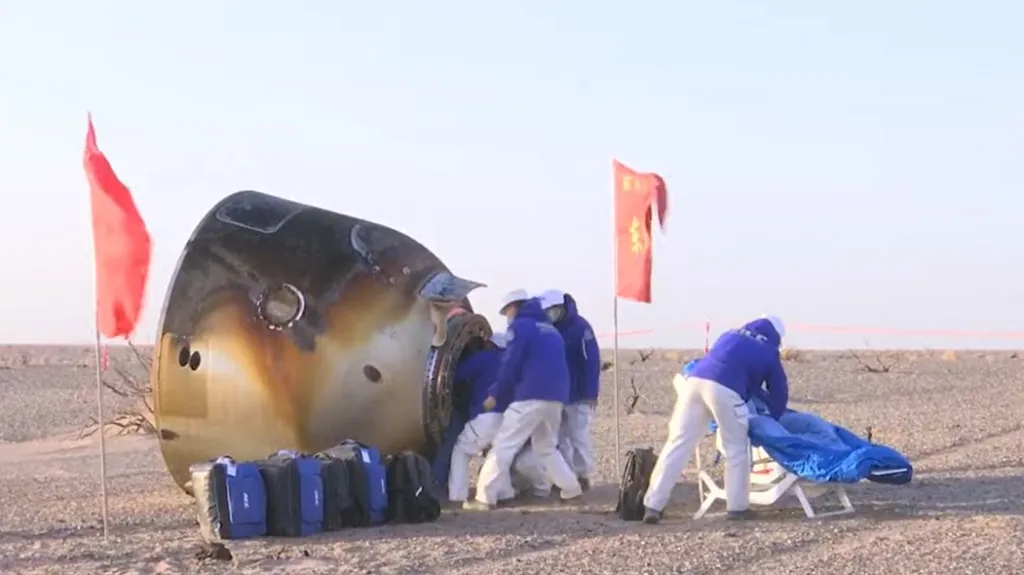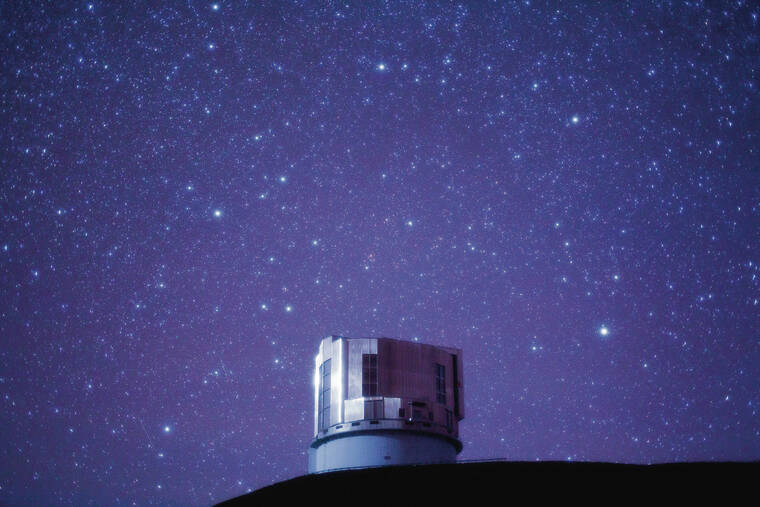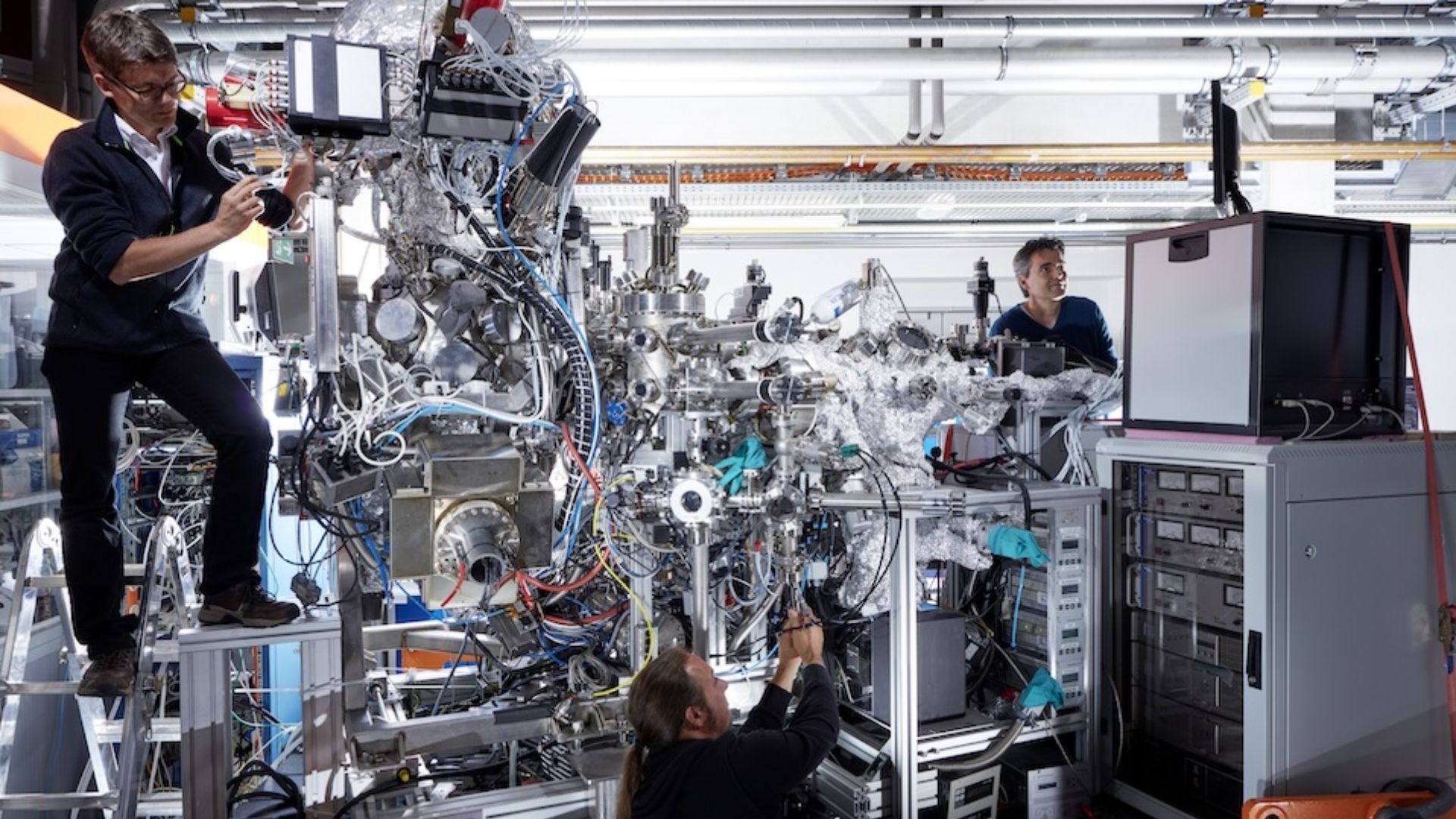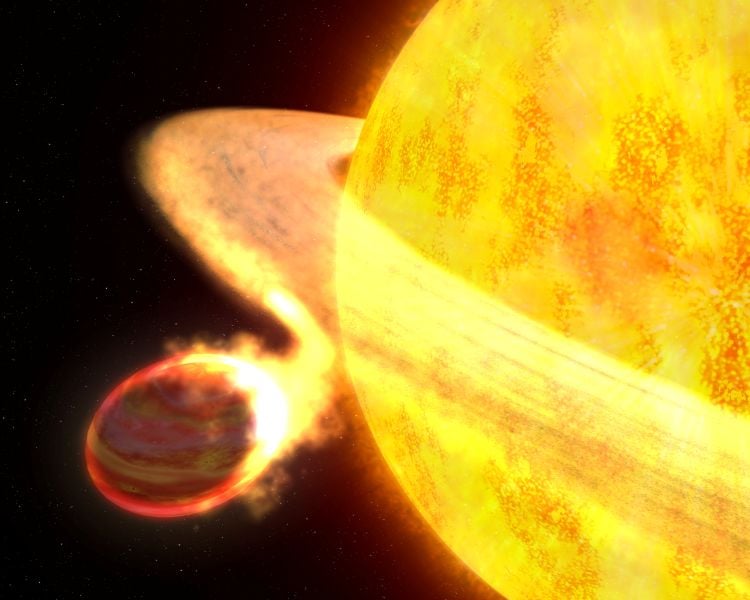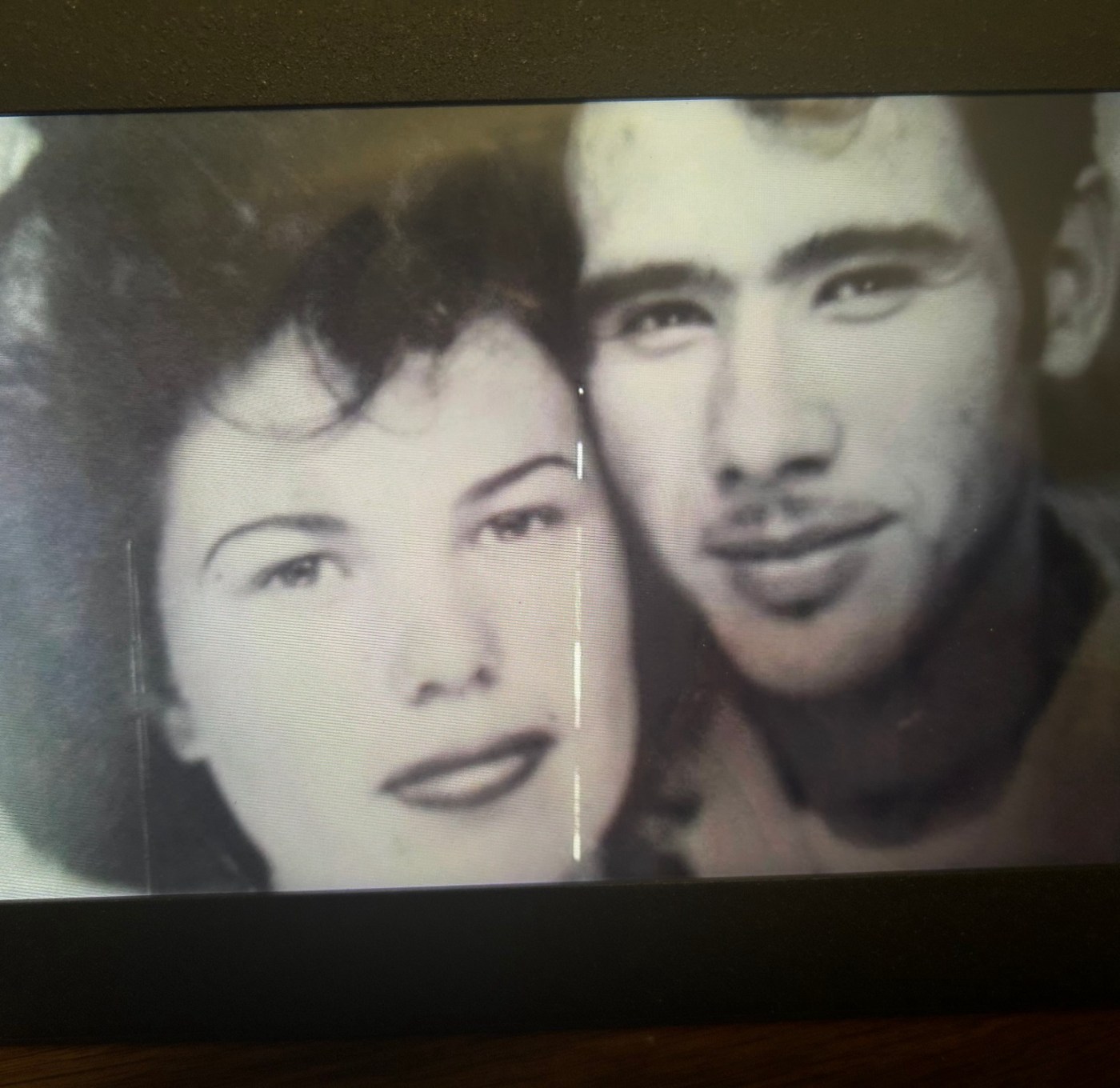Chinese astronauts aboard the Shenzhou-20 spacecraft returned to Earth on November 14, 2025, following a week’s delay due to damage caused by space debris. The incident resulted in a cracked window on the spacecraft, necessitating the crew’s departure aboard the newly arrived Shenzhou-21. Originally scheduled for November 5, the return was postponed while the crew of six taikonauts at the Tiangong space station conducted inspections and coordinated with mission controllers at the China Manned Space Agency (CMSA).
The crew, comprising Commander Chen Dong, Chen Zhongrui, and Wang Jie, departed the station at 10:14 p.m. EST (7:14 p.m. PST) on November 13. This decision was made after the Shenzhou-20 spacecraft was deemed unsafe for re-entry. The astronauts successfully landed in Inner Mongolia at 11:14 a.m. Beijing Time on November 14 (9:14 p.m. EST, November 13). Upon landing, medical teams evaluated the crew’s health and confirmed that all members were in good condition, according to state-owned media outlet Xinhua.
In a statement to reporters, Chen Dong reflected on the challenges of space exploration, stating, “This mission was a true test, and we are proud to have completed it successfully. China’s space program has withstood the test, with all teams delivering outstanding performances.” He emphasized that astronaut safety remains a top priority for the program.
The China Manned Space Engineering Office (CMSEO) provided insights into the incident, noting that the Shenzhou-21 spacecraft had launched from the Jiuquan Satellite Launch Center on October 31, 2025, carrying a replacement crew composed of Zhang Lu, Wu Fei, and Zhang Hongzhang. The departure of the Shenzhou-20 crew leaves the current team without a defined plan for returning to Earth, although the launch of the Shenzhou-22 spacecraft—planned to carry no crew—will likely address this gap.
This mission set several new records, including Chen Dong‘s achievement of completing six extravehicular tasks, making him the taikonaut with the most such missions to date. Additionally, the crew became the first to spend over 200 consecutive days in space. They also marked a unique moment as the first astronauts to enjoy a barbecued meal in space, timed to welcome the new crew aboard the Tiangong station.
The incident underscores a critical developmental milestone for China’s space program, showcasing its preparedness for contingencies in space. The effective backup plans implemented by the CMSA ensure that operations aboard the Tiangong space station continue without interruption. As the International Space Station (ISS) approaches retirement, China aims for the Tiangong and future stations to carry on the legacy of exploration and scientific research in Low Earth Orbit (LEO).
This successful return not only highlights the resilience of China’s space efforts but also reinforces its position in the global arena of space exploration.

